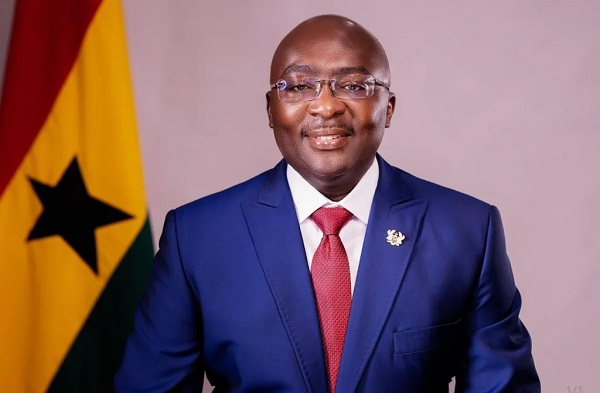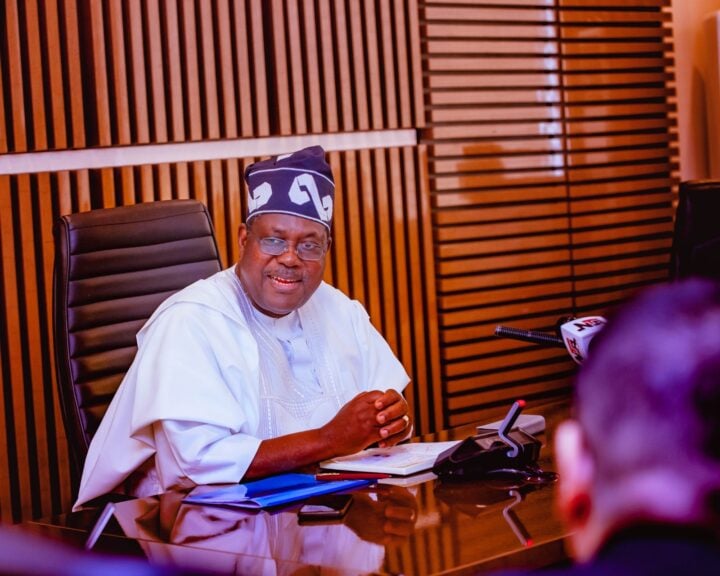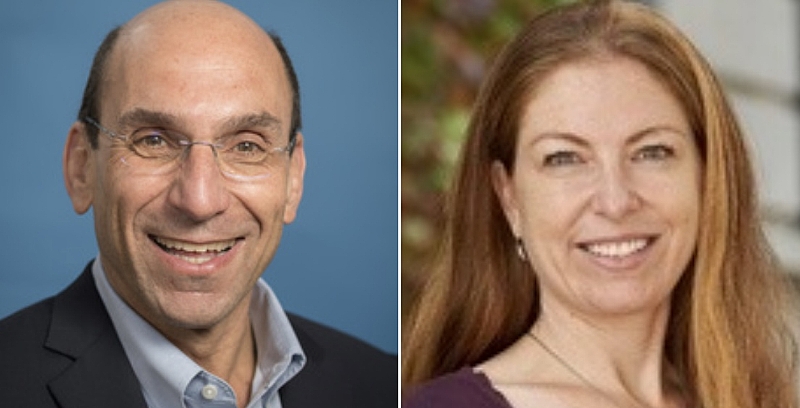Africa loses over $88 billion annually to illicit financial flow, says Reps Deputy Speaker

Deputy Speaker of the House of Representatives, Benjamin Kalu, has said that the Africa continent loses over $88 billion annually to Illicit financial flow which is almost twice the amount it receives in official development assistance.
The Deputy Speaker who wasnspeaking at a meeting with a Member of European Parliament, Fabio De Masi on the sidelines of his working visit to the European Parliament in Brussels, Belgium advocated for what he called debt-for-development swaps as a debt cancellation mechanisms to alleviate Africa’s debt burden.
Kalu also advocated for the renegotiation of the Economic Partnership Agreements (EPAs) to align with the African Continental Free Trade Area (AfCFTA) and support African industrial policy and reducing non-tariff barriers.
He said there was the need for a parliamentary cooperation for the creation of a joint working group on illicit financial flows (IFFs), with a focus on African asset recovery, BEPS compliance, and EU transparency obligations.
He also advocated for unconditional climate finance and joint EU-AU monitoring mechanisms to ensure transparency and effectiveness in climate project implementation. Despite being the continent most vulnerable to climate change, Africa receives only 3% of global climate finance.
Leading the Monetary & Financial Affairs Committee of the Pan-African Parliament (PAP) to European Parliament to discuss key issues affecting Africa’s economic development, Kalu highlighted the growing need for a more equitable and just partnership between Europe and Africa, focusing on economic justice, fair trade, and climate justice.
He said, “This partnership offers a timely and transformative opportunity to reshape EU-Africa parliamentary relations through the lens of justice, equity, and structural change, a relationship built on the foundation of mutual respect, sustainable development, and shared values.
“Our key areas of collaboration will also focus on EU-AU joint advocacy for debt cancellation mechanisms, including debt-for-development swaps, and parliamentary oversight on the African countries either in debt distress or at high risk of it, signalling the urgent need for reforms in global debt governance.
“Reform trade architecture by aligning EU-Africa Economic Partnership Agreements (EPAs) with AfCFTA, supporting African industrial policy, and reducing non-tariff barriers.
“With only 15% of Africa’s trade being intra-continental, while staggering 80% of its exports remain raw commodities (AfDB, 2024), it is imperative to emphasize the renegotiation of these EPAs to incorporate value chain localisation, intellectual property
protection, and industrial policy space.”
Other issues discussed include tax justice, climate finance, migration, and inter-parliamentary cooperation as they affect the continent.
Kalu also said that Africa must be positioned as a key partner, not a passive recipient, in the green transition.
“Parliamentary cooperation for the creation of a joint working group on illicit financial flows (IFFs), with a focus on African asset recovery, BEPS compliance, and EU transparency obligations. Africa loses over $88 billion annually to IFFs, almost twice the amount it receives in official development assistance.
“We advocate for unconditional climate finance and joint EU-AU monitoring mechanisms to ensure transparency and effectiveness in climate project implementation. Despite being the continent most vulnerable to climate change, Africa receives only 3% of global climate finance.
“Africa must be positioned as a key partner, not a passive recipient, in the green transition. This includes prioritising African-led energy
solutions and technologies tailored to local contexts in EU-Africa climate dialogues.
“There is an urgent need to scale up investments in solar energy infrastructure. Although Africa holds 60% of the world’s solar energy potential, it receives less than 1% of global solar investment—a stark imbalance that must be rectified”, he said.
Nigeria’s Deputy Speaker also insisted that the EU Green Deal must align with Africa’s Agenda 2063, with particular focus on climate adaptation, renewable energy access, and the operationalisation of the Loss and Damage Fund.
He maintained that localised development remains the most practicable solution to irregular migration to Europe.
“These alignments are crucial to delivering climate justice and fostering a
resilient, low-carbon future for Africa. Localised development is key to Africa’s industrialisation and offers long-term solutions to curbing irregular migration flows to the EU.
“Empowering local economies will reduce the economic push factors
that drive migration. There is an urgent need to tackle the root causes of migration, including conflict, youth unemployment, and climate-induced stress.
“A holistic approach must address these underlying drivers while expanding safe and legal pathways for mobility. Balancing border security with humanitarian commitments is critical. Policies should reflect both the need for managed migration and the EU’s longstanding values of solidarity and human rights.
“Expand talent mobility initiatives, such as Erasmus+, digital nomad visas, and intra-company transfers, to create structured channels for legal migration and skills development.
“Ultimately, creating high-value jobs in Africa, particularly in emerging sectors like digital services, green industries, and manufacturing, offers the most sustainable and dignified alternative to irregular migration”, Kalu said.












